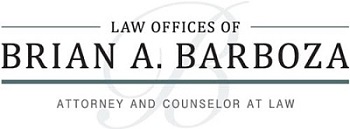Bankruptcy can be a practical legal tool when struggling with financial hardship and an inability to manage debt. While you may be able to reduce what you owe, not all types of debt can get wiped out in bankruptcy.
Several factors may impact your ability to discharge or minimize debts, such as the type of debt and the chapter of bankruptcy filed. While exceptions may apply depending on your unique circumstances, it can be helpful to understand which debts are generally dischargeable in a bankruptcy case.
Dischargeable debt
There are many reasons you might decide to file for bankruptcy. Filing for Chapter 7 or Chapter 13 can help you manage or eliminate the most common forms of debt. Under either of these, you can often get rid of debt from credit cards, medical bills, and personal loans.
In addition to discharging these forms of debt, filing for Chapter 13 may allow you to negotiate a repayment plan to reduce the amount you owe on secured debts, such as home or car loans. While this can provide substantial financial relief, not all debt is dischargeable.
Non-dischargeable debt
Filing for bankruptcy can drastically reduce your financial burden, but depending on the source of your debt, filing for bankruptcy might not wipe it out entirely. Certain unsecured forms of debt are not dischargeable through bankruptcy, including:
- Student loan debt
- Child support and alimony
- Certain tax obligations
Unless a rare exception exists, you are still responsible for paying off these debts even after filing for bankruptcy.
When preparing to file for Chapter 7 or Chapter 13, knowing which debts might be dischargeable can help you understand your options and better prepare for your case.

